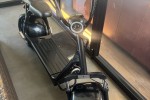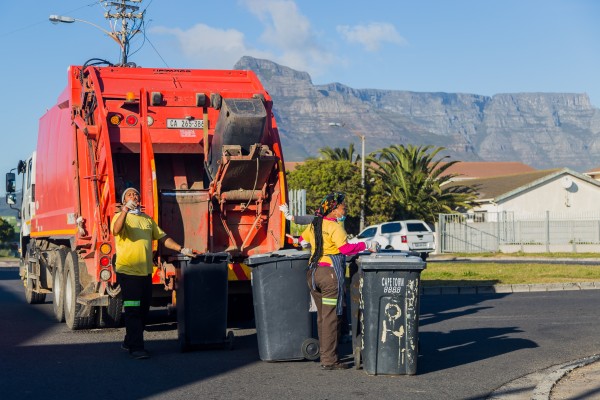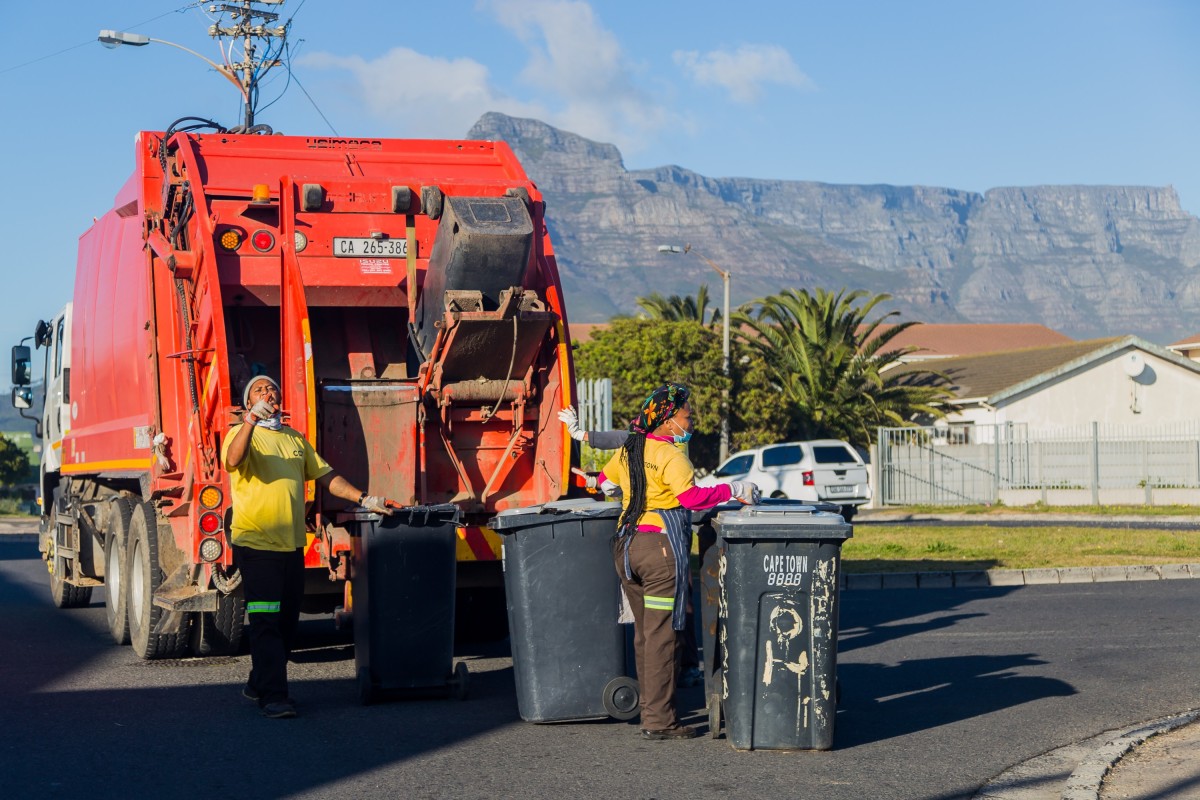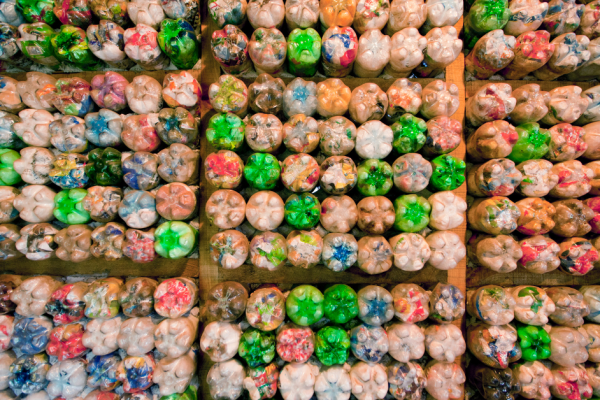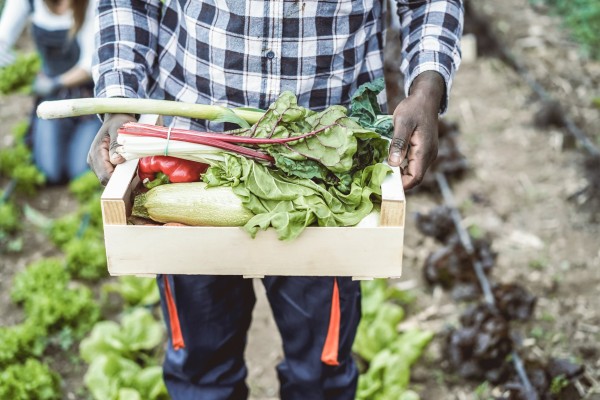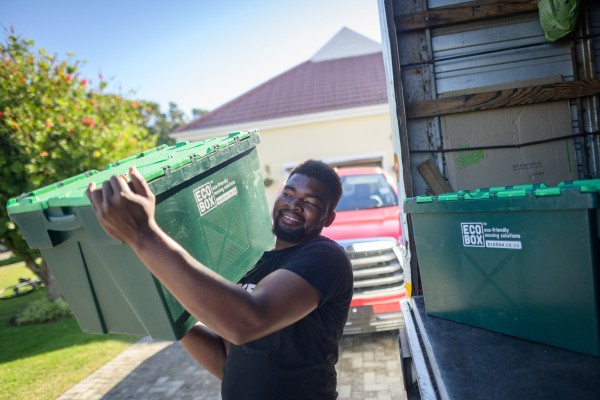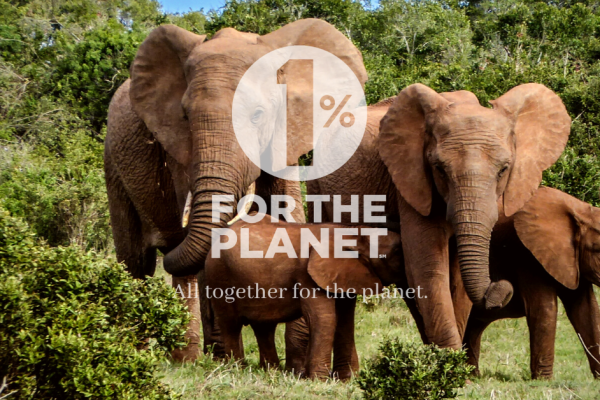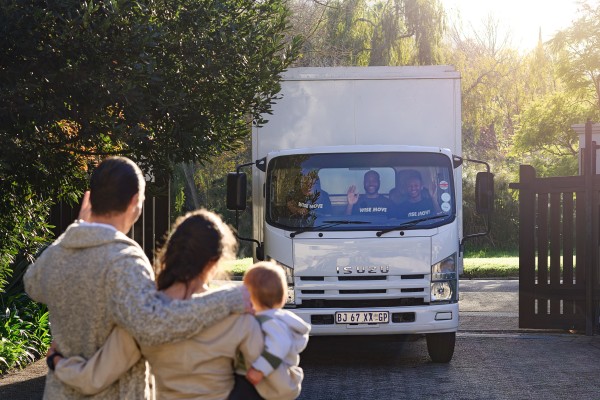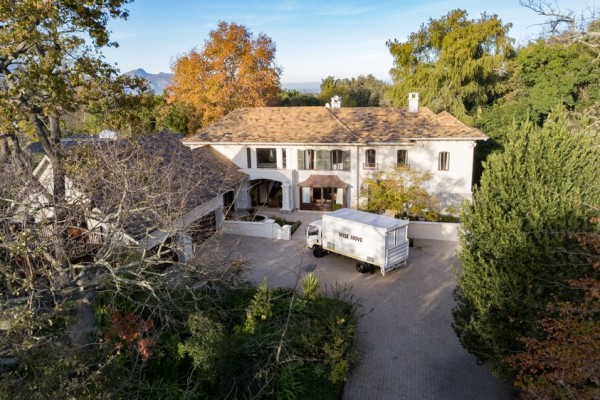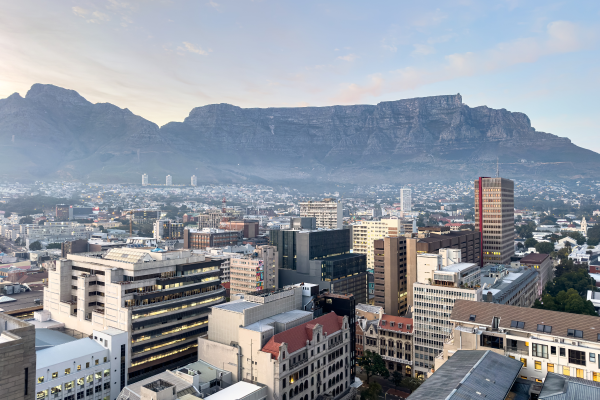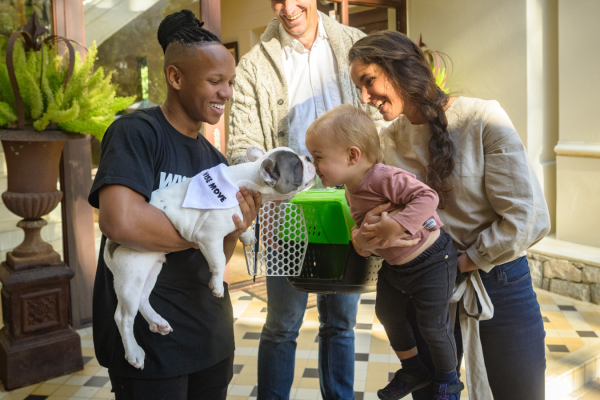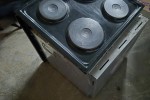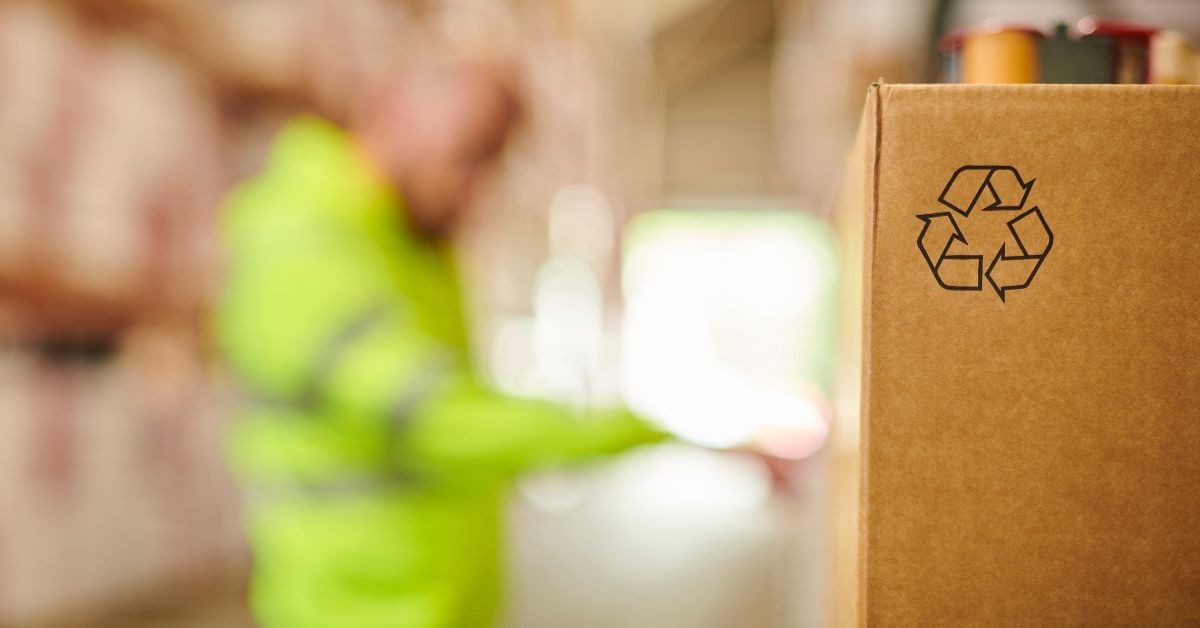
Are you ready to start recycling, go green and do your part to save the planet? Well, you’ve come to the right. According to available statistics, an estimated 122 million tons of waste produced in South Africa, only 10% of it is recycled, leaving the other 90% to go sit in landfills. On top of that, only 12,9% of metropolitan households in South Africa claim to recycle their waste.
It’s clear that South Africa needs to up its recycling game, and with you joining the cause, we’re one step closer! Here’s everything you need to know to start recycling and take the first step to help ensure a brighter and greener future for us all.
What Is Recycling?
Recycling is the process of taking waste materials that would otherwise be thrown away, breaking them down and converting them into new materials and objects.
Recycling takes place in 3 steps
1. Collecting the recyclable materials
2. Processing and sorting the materials which are then sold
3. Manufacturing of new products using the recycled materials
The last unofficial step is the selling and marketing of new products made from recycled materials.
Recycling is considered one of the 3 Rs: Reduce, Reuse, and Recycle. This phrase is known as the waste hierarchy and has been used for decades as the driving force to promote sustainable living in households around the world. Here’s what each R means:
1. Reduce: At the top of the hierarchy, this encourages people to first reduce their consumption which will, in turn, reduce the need for reusing and recycling.
2. Reuse: Next, you should aim to reuse the things that you do consume.
3. Recycle: Lastly, you must try to ensure that whatever waste you do have is recycled into a new material, rather than becoming landfill waste.
As the last step in the waste hierarchy, recycling is an essential step towards a more sustainable and green lifestyle that drastically reduces waste and does wonders for both our environment and our society.
Why Is Recycling Important?
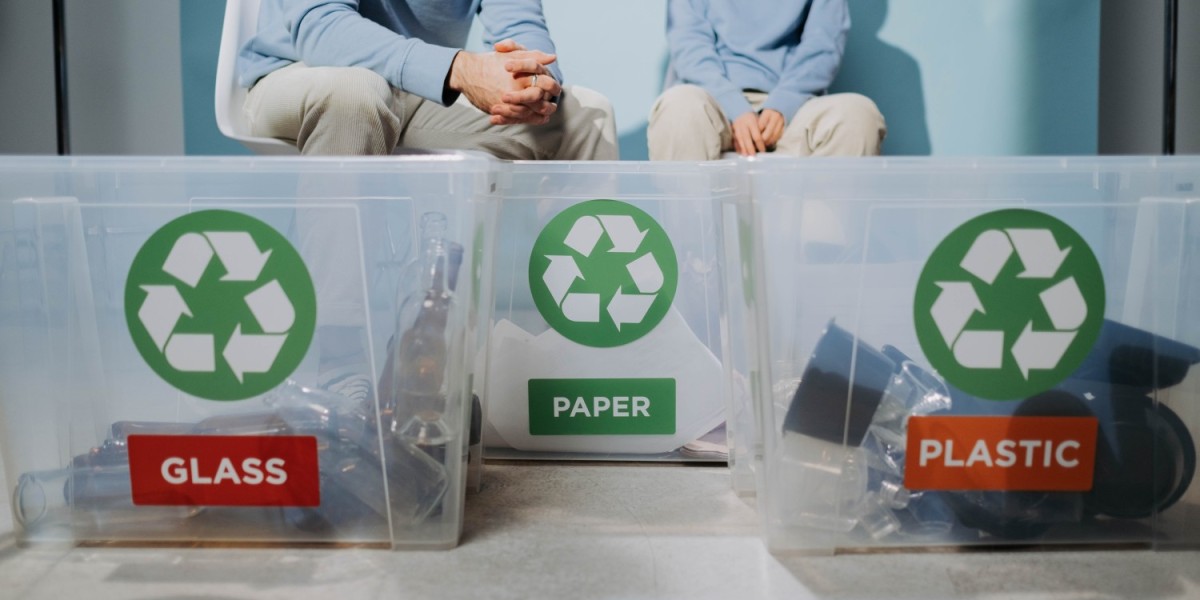
If we continue to fill our landfills with waste at our current rate, we’ll very soon run out of space. Landfill capacity is diminishing, particularly in major metropolitan areas like Cape Town, eThekwini, and Ekurhuleni, facing increased costs due to reaching capacity. Already, 22 of the 25 landfills in the Western Cape, for example, have less than 5 years of airspace left. It’s certain — something needs to change. This is why recycling has never been more important.
Recycling is essential for moving away from a linear economy to a circular economy. What this means is that instead of the current linear model of manufacture, use and throw away, a circular model extends the life cycle of products by recycling, reusing, repairing and sharing.
Over the years, more governments and organisations have been pushing for this move towards a circular economy. Why? It not only creates further value for materials kept within the economy, but it also is instrumental in protecting the environment, including reducing landfills.
With an estimated 122 million tons of waste produced in South Africa, only 10% of it is recycled, leaving the other 90% to go sit in landfills.
How Does Recycling Help The Environment?
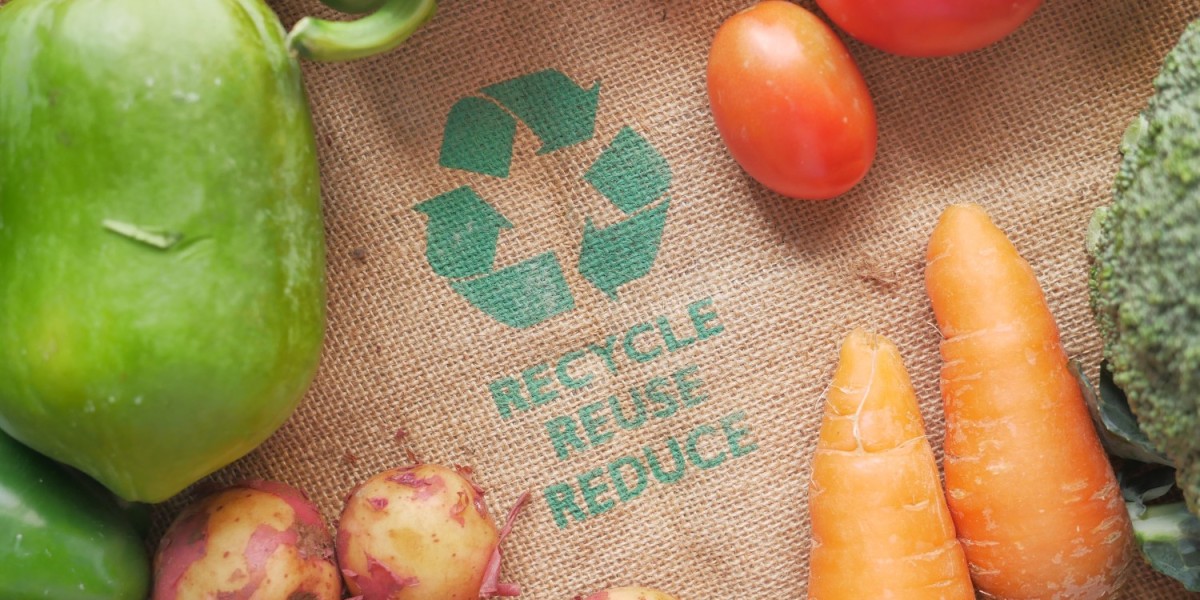
Recycling is one of the best things we can do to fight climate change. Here’s how recycling helps the environment:
Conserve Resources
Recycling more, it means that fewer raw materials are needed to make products. This reduces the demand for raw materials like oil for plastic and trees for paper, therefore decreasing environmental problems such as deforestation and oil spills.
Save Energy
Manufacturing products from recycled materials uses far less energy than using raw materials, as there’s no need to make materials from scratch. Using less energy means releasing fewer greenhouse gases into the atmosphere which cause global warming.
Reduce Landfills
Recycling redirects waste from landfills and into recycling facilities to be made into new products. Not only do landfills harm the environment by polluting the air, soil and water, but they are also running out of space fast.
Protect Ecosystems And Wildlife
By reducing the demand for new, raw materials, we also reduce the amount of deforestation, farming, mining and drilling we need to do to get them which otherwise would completely disrupt whole ecosystems and have dangerous effects on wildlife.
Decrease Pollution
As a result of reducing energy consumption, landfill space and waste that is incinerated, you are directly decreasing the amount of pollution that goes into the air through greenhouse gases and into the water.
5 Tips To Start Recycling
There’s no doubt that recycling is an absolute must for every household, but how do you start recycling? A lot of people think it takes a lot of time and effort, but once you’ve set it up, it becomes surprisingly easy to manage, swiftly integrating into your everyday life. Here are 5 simple tips to start recycling today:
Know What’s Recyclable
Unfortunately, not everything can be recycled. Why is this? While technically everything can be broken down and recycled, if there is no market for a specific recycled material, then there is no point for companies to go through the effort of recycling it. This happens when the recycled material costs more than the raw material.
So what can be recycled? It changes depending on your area and local recycling programme, but usually, the basics are:
-
- Paper and cardboard
- Glass
- Metal
- Plastic
- Electronic waste (eWaste)
However, even within these categories, there are specific rules as to what can and can’t be recycled. For example, the cling-wrap or waxy and laminated papers, common plastic household items, can’t be recycled.
To know exactly what can and can’t be recycled, you’ll have to research your local recycling programme for more information. This is important because if something that isn’t recyclable is found within your recycling, it all gets shipped to the landfill to prevent contamination.
Separate Your Recycled Items
Because each category is made out of different compounds, it’s impossible to break them down and recycle them together. Therefore, they must be separated.
Separating also makes it easier for recycling companies to identify contamination earlier which is essential as contamination can double the costs of recycling, thus making it less sustainable.
To ensure your recycling does not get contaminated and end up at a landfill, it’s best to practice Separation at Source — the idea of separating your own items into their different categories before handing them over to the recycling facility.
Don’t Forget To Rinse
To prevent contamination, anything that’s dirty gets dumped at the landfill. And not just the one item, but your entire bag which is now considered contaminated. This is why it is essential to rinse and dry your recycling, otherwise, all your hard work would have been for nothing.
It doesn’t have to be dishwasher clean, just a rinse and scrape out of any food or debris, plus a little dry should do the trick to avoid contamination.
Start a Compost Bin
Did you know your food waste can also be recycled? Not the usual recycling, but instead with a compost bin! 10 million tonnes of food go to waste each year in South Africa, going straight to the landfills and releasing greenhouse gases into the air.
You can help reduce this by taking your food waste, or any organic matter like garden refuse, and turning it into compost which can serve as a magical fertiliser for your garden! And if you don’t want to do it yourself, you can always drop it off at your nearest compost facility.
Research Your Local Recycling Programme
It’s clear that not all recycling programmes are the same are largely depends on the area you’re in. This is because South Africa does not have a centralised recycling system but rather works with 300 private companies across the country, each slightly different from the other.
Therefore, to find out what exactly can be recycled, where they are based, how the collection and/or drop-off works, what requirements must be met and more, it is essential to research or reach out to your local recycling facility. Plus, you might even find some interesting and innovative recycling projects in your area!
Recycling For Kids
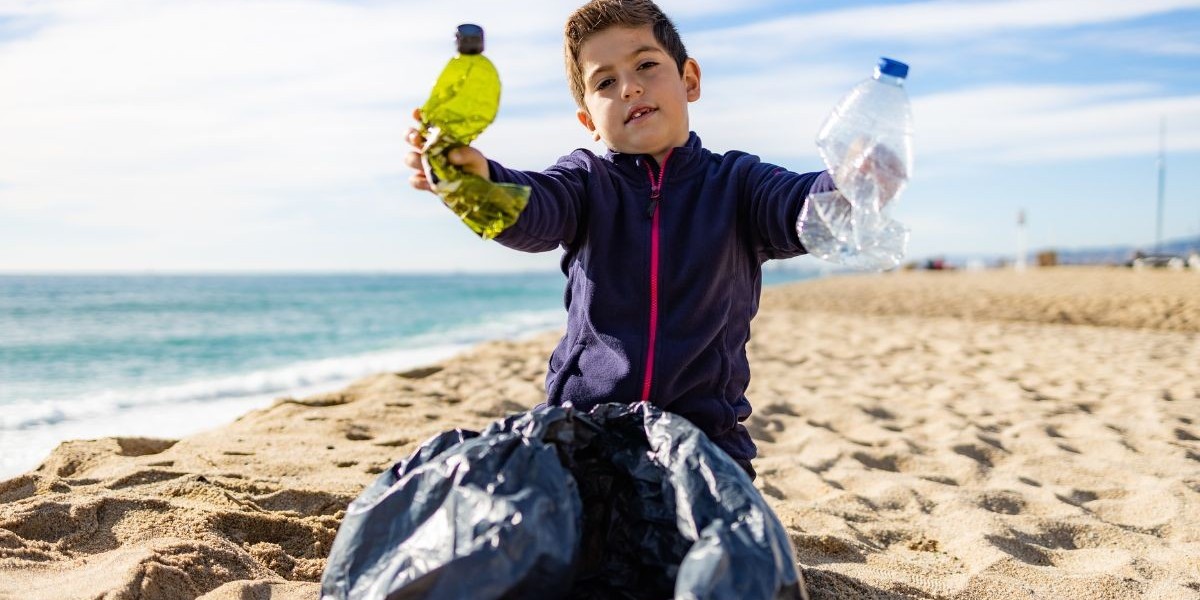
Our children are the future generation, therefore it will be their responsibility to continue the fight for a greener planet and our responsibility to show them how to do it. And it all starts with the small things while they’re still small themselves.
Here are 5 simple recycling tips for kids:
1. Set an example — Children learn best through imitation, so your good recycling habits will become their good recycling habits
2. Teach them the basics of recycling — Sharing with them what recycling is, how it works and why it’s important will help motivate them to get involved and maybe even spark curiosity in environmental conservation.
3. Create a game of it — The best way to get kids involved is to make it fun, like giving rewards for recycling correctly.
4. Make recycling easy — The easier it is, the more likely they will pick it up in their daily life, so having multiple bins, different colour bins and even having a chart of what goes where can be very effective.
5. Go on a recycling outing — Get your children involved and help them visualise the recycling process by taking them to your nearest recycling facility to see how it all works and why it’s so important to do it correctly.
Local Recycling Projects You Should Know About
Other than your basic recycling facilities found across the country, there are so many incredible recycling projects in South Africa. They are constantly finding new and exciting ways to recycle materials more effectively and efficiently, doing amazing work in the name of saving the planet.
Here are some exciting local recycling projects found either in specific areas or across the country, each contributing to the recycling movement in their own unique way:
- Rose Foundation: Recycle your used lubricant oil at Autozone stores across the country.
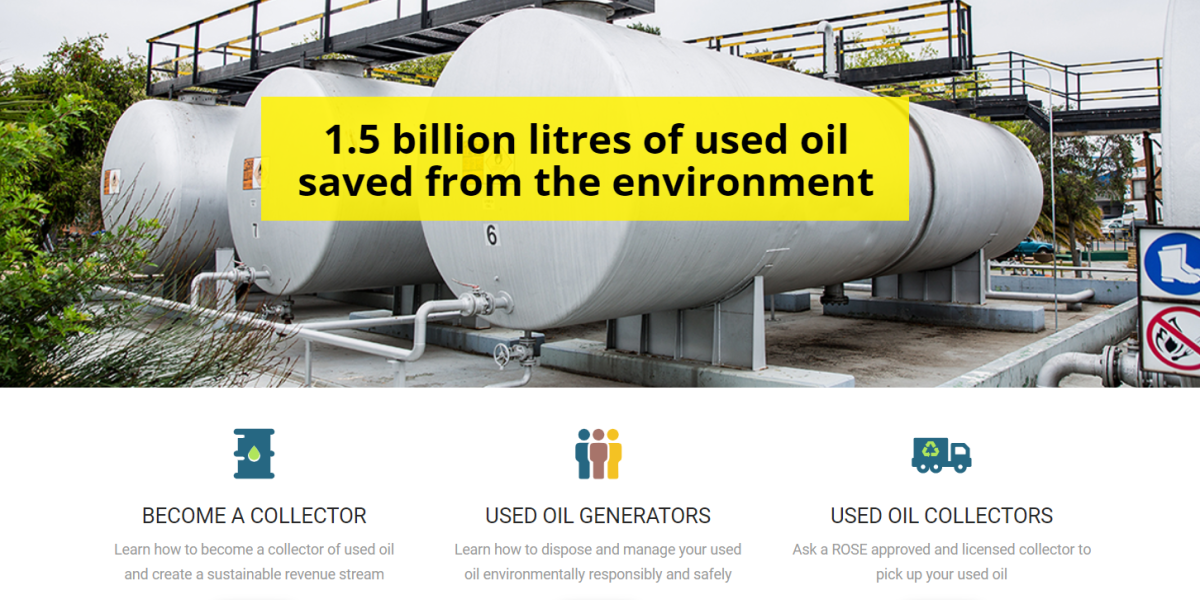
- Yaga: This online second-hand clothing store is making recycling and sharing clothes the latest fashion trend.
- Compost Kitchen: This organisation introduces a new kind of recycling by collecting your food waste and, to say thanks, giving you enriched vermicompost to grow your own fresh food.
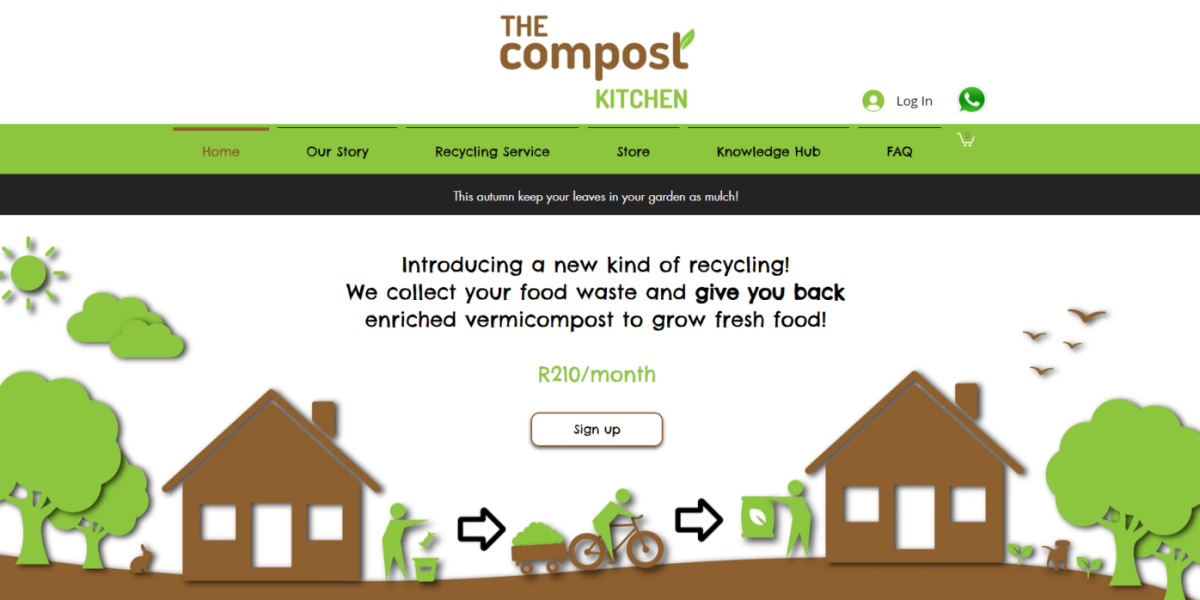
- Bokashi Composting: Bokashi composting is a quick and easy method to turn your food waste into effective compost, and this organisation is giving South Africans the tools and bokashi they need to get started.
Is your community lacking a recycling project? Why not start a recycling business yourself and take your planet-saving and sustainable living to the next level? Start your own recycling project based on the unique needs of your community.
Ready to recycle?
If we want to save our planet and make South Africa a leading force in sustainability, recycling becomes the responsibility of every household in this country.
It might seem like a big change at first, but by taking small steps to reduce your waste in landfills, it will soon become second nature and a part of your everyday life.
Want to get more involved in saving the planet? Join Wise Move in supporting environmental causes with 1% for the Planet — a global movement that connects businesses and individuals with environmental non-profits.
What do our customers say?

